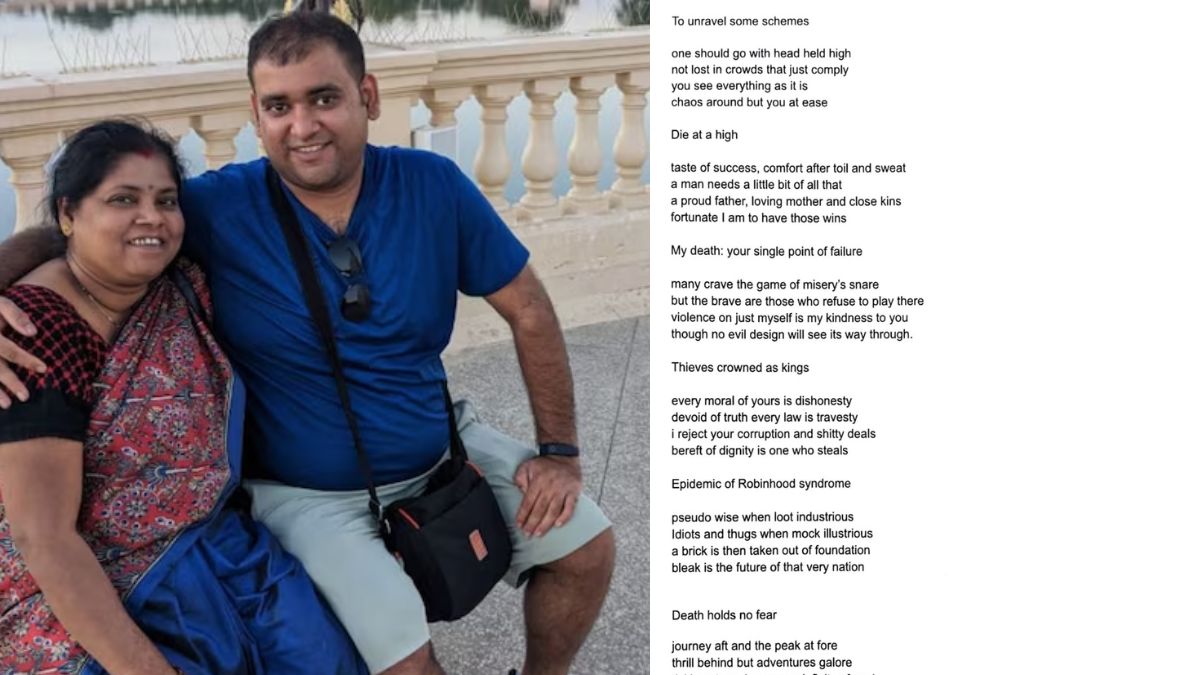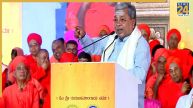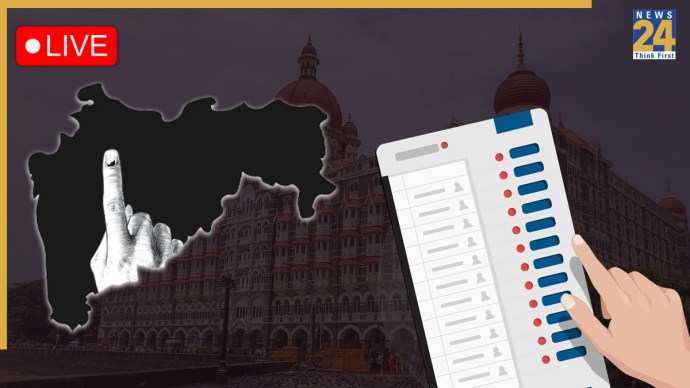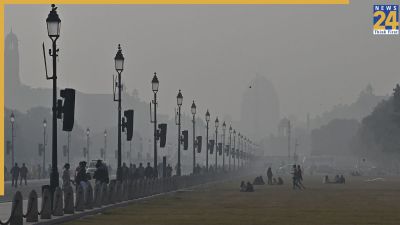Bengaluru: Amid the developments surrounding Atul Subhash’s suicide case, a poem written by him is now doing rounds on social media. The poem is reportedly inscribed on the last page of his suicide note. It begins with the line, “To unravel some schemes,” and reflects his journey and the values he held until the end.
He points out the cruel and chaotic world, highlighting that thieves are crowned as kings. He advises that one should hold their head high and not get lost in the crowd. Atul reminds that one should not get influenced by the societal pressure.
Die At High Says Atul
Atul has also written on the satisfaction that comes from hard work and perseverance, appreciating the value of success achieved through toil, sweat, and effort. The mention of family suggests that personal victories are more meaningful when it is shared with loved ones.
He wrote, “Taste of success, comfort after toil and sweat a man needs a little bit of all that a proud father, loving mother and close kins fortunate I am to have those wins.”
In his poem he has called his death as single point of your failure. The lines read, “My death: your single point of failure.”
It further added, “Many crave the game of misery’s snare but the brave are those who refuse to play there violence on just myself is my kindness to you though no evil design will see its way through.”
Atul Points Out Corruption
Atul said that he rejects corruption and shitty deals. He added, “Epidemic of Robinhood syndrome pseudo wise when loot industrious Idiots and thugs when mock illustrious a brick is then taken out of foundation bleak is the future of that very nation.”
He highlights that the death holds no fear. Atul said that death is certain and he is not afraid of it. The line “infinity of soul pieces” suggests that life and death are connected, and through death, the speaker becomes whole.
The last lines of poem read, “Death holds no fear journey aft and the peak at fore thrill behind but adventures galore ticking stops, hums now infinity of soul pieces littered but I become whole. The last lines of his poem reflect that he has embraced death, finds peace in it, and is looking forward to the journey ahead.

Also Read: Decoding Supreme Court’s Ruling On Places Of Worship Act, 1991: What It Means For India













